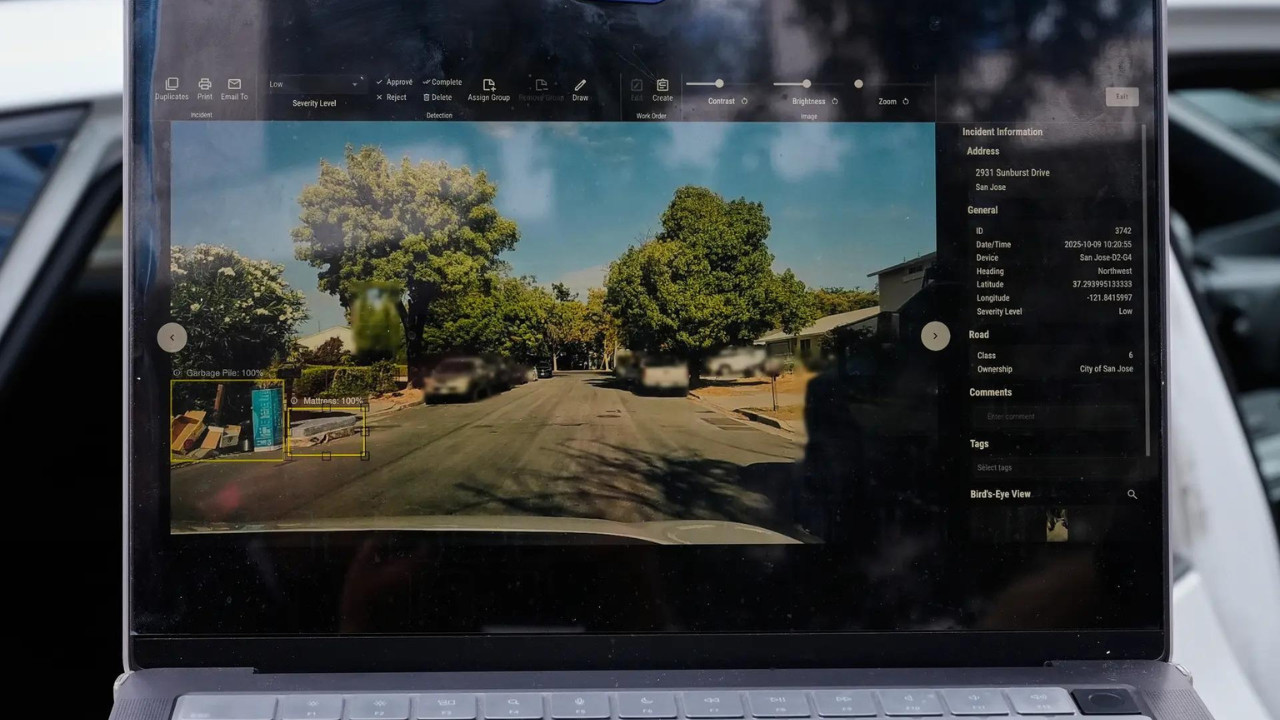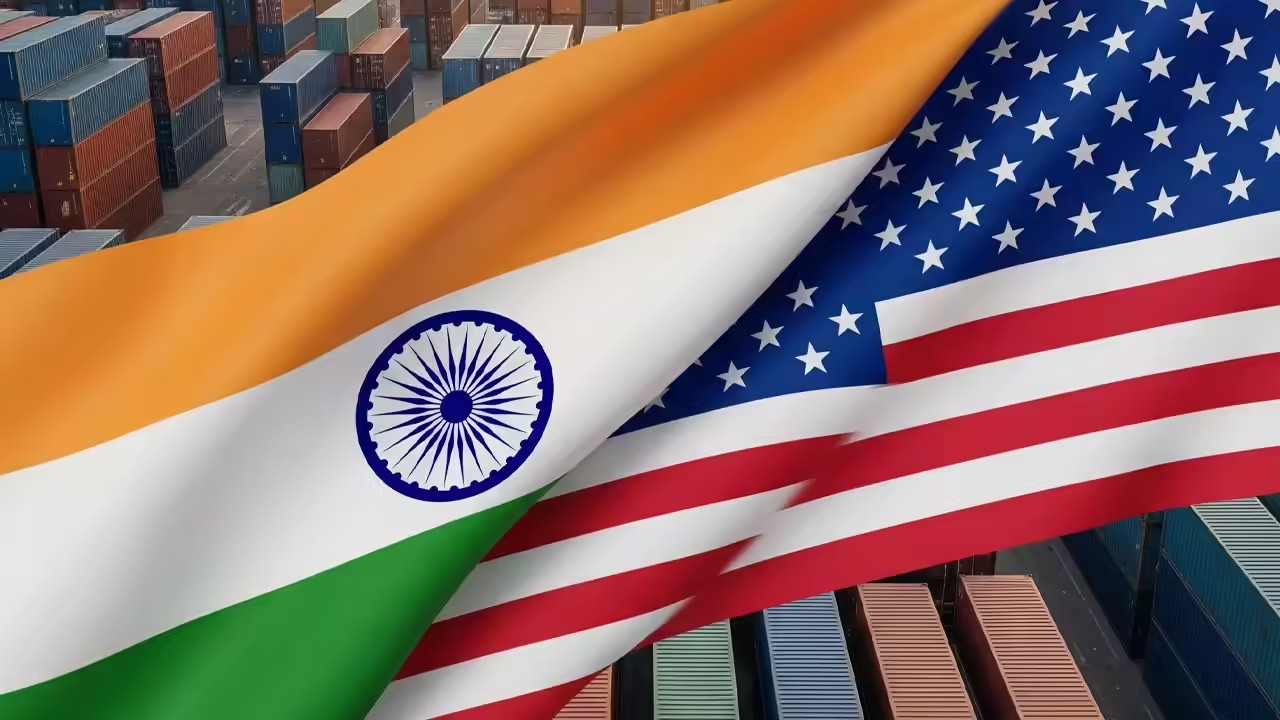Despite Iran’s repeated threats to close the Strait of Hormuz, a vital chokepoint for global oil, analysts believe an actual shutdown is unlikely, viewing it as a diplomatic tactic. Global oil markets are prepared for potential disruptions, with ample supply and rising US shale production.
Hormuz Strait: Playing Chicken with Oil Prices – Will Iran Slam the Door?
Okay, let’s talk about something that’s got my energy sector spidey-sense tingling. The Strait of Hormuz. You might recognize the name from headlines past, usually accompanied by shivers about rising oil prices and geopolitical tension. Well, it’s back in the news, and the stakes are higher than ever.
For those unfamiliar, the Strait of Hormuz is a narrow waterway – think a watery bottleneck – connecting the Persian Gulf to the open ocean. It’s the essential artery for global oil trade. We’re talking about roughly 20% of the world’s total oil supply flowing through this chokepoint daily. That’s a heck of a lot of black gold, and controlling the Strait means wielding serious influence over global energy markets.
So, what’s the buzz? The tension centers, predictably, on Iran. Given the increasing sanctions and pressure from the West regarding its nuclear program, whispers are getting louder that Iran might, just might, consider flexing its muscle by threatening to close the Strait. It’s like a really high-stakes game of poker, and Iran is holding a potentially explosive card.
Now, let’s be clear: actually closing the Strait would be a monumental step, a nuclear option in the energy world, if you will. It would instantly send oil prices soaring, creating economic chaos across the globe. Think panic at the pump multiplied by a factor of… well, a lot. It would almost certainly trigger a swift and decisive response from the international community, likely led by the US Navy.
But here’s the kicker: does Iran really want to close it? Probably not. It’s a double-edged sword. While it would certainly hurt its adversaries, it would also cripple its own oil exports, which are already significantly hampered by sanctions. It’s like setting fire to your own house to inconvenience your neighbor.
More realistically, the threat is likely a calculated move, a leverage play. A way for Iran to say, “Hey, world, pay attention to us. We’re not going to be pushed around.” They’re essentially using the possibility of disruption to amplify their voice and potentially extract concessions in future negotiations. It’s a delicate dance on the edge of a precipice, and a misstep could have catastrophic consequences.
The interesting part is how the markets are reacting. Or, rather, aren’t reacting all that dramatically. While there’s been some understandable jitters, we haven’t seen the kind of panicked price spikes that might be expected with such a significant threat looming. Why?
One major factor is the current state of the oil market itself. Despite all the geopolitical rumblings, we’re actually in a period of relative surplus. Production from countries like the US (thanks to shale oil) and other OPEC+ nations has helped to buffer against potential disruptions. Think of it as a global oil cushion. It doesn’t mean we’re immune to price shocks, but it does mean we’re in a somewhat better position to weather them.
Furthermore, the world has learned a few lessons from past oil crises. There are strategic petroleum reserves that can be tapped in emergencies, and alternative shipping routes (albeit less efficient) could potentially be used to bypass the Strait, at least to some extent.
What does this all mean for you and me, the average consumer? Well, it means keeping a close eye on the news. It means being prepared for potential fluctuations in gasoline prices. And it means understanding that the global energy market is inextricably linked to geopolitical events happening thousands of miles away.
Ultimately, the situation in the Strait of Hormuz is a stark reminder of the fragile balance upon which our modern world rests. It’s a game of chess played on a global scale, with incredibly high stakes. Let’s hope the players involved choose their moves wisely. Because the consequences of a checkmate could be devastating for everyone.







